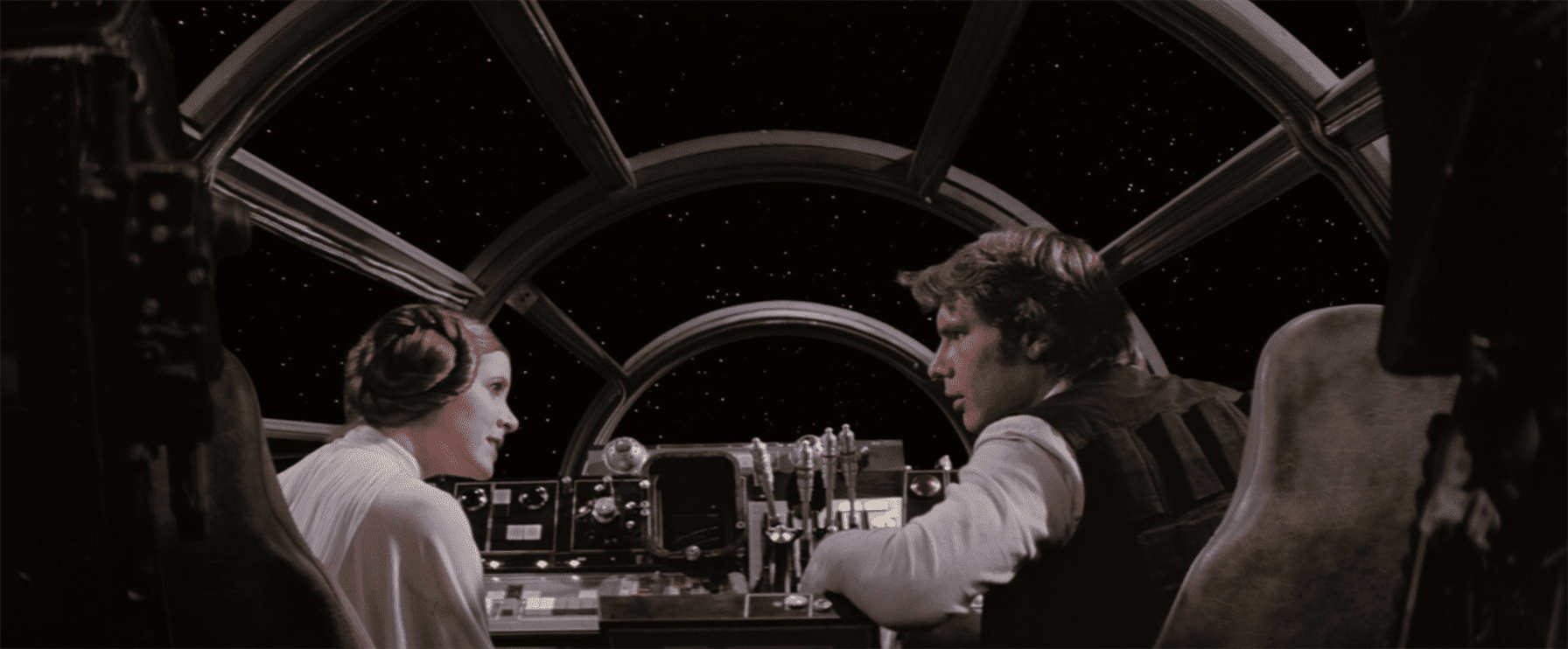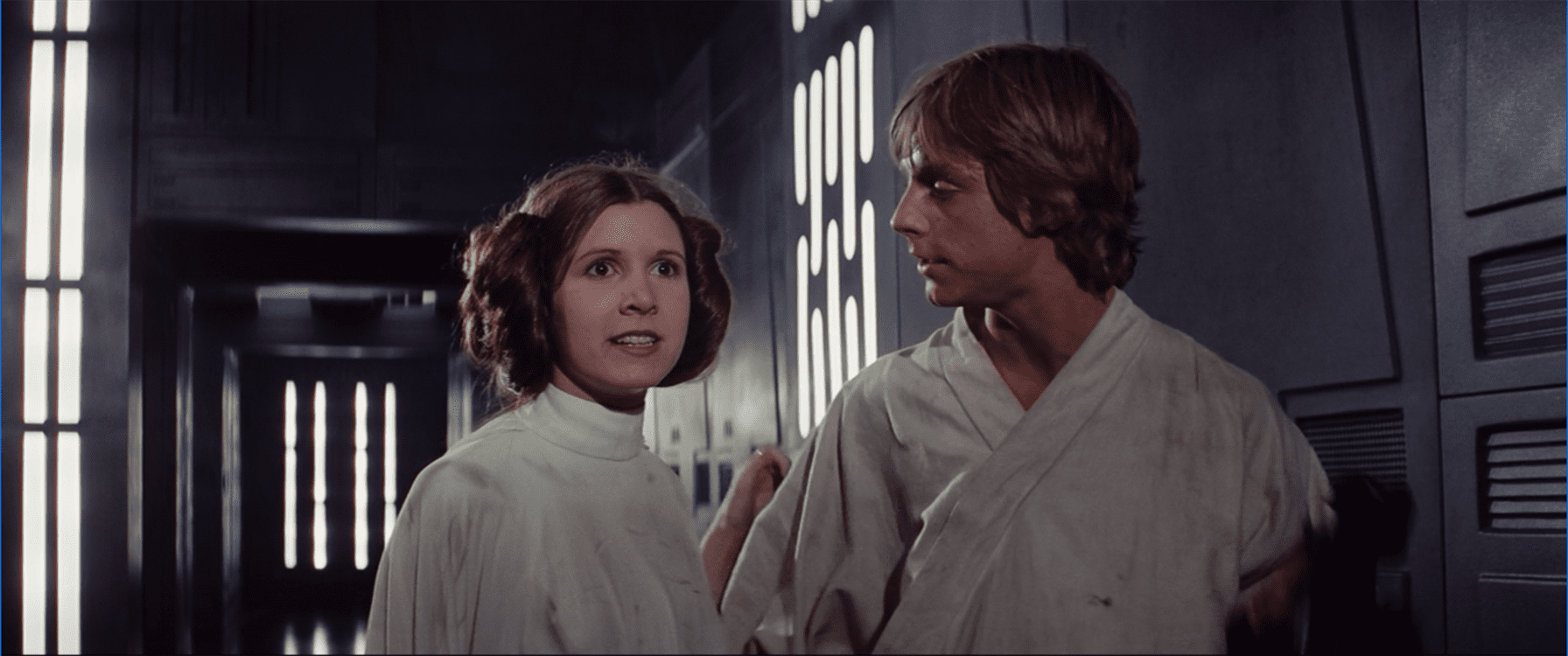Paul Hirsch, Oscar-winning editor of films such as “Star Wars: A New Hope,” “Planes, Trains and Automobiles” and “Ferris Bueller’s Day Off,” spoke to Montclair State University’s virtual film forum class on March 30.
During the conversation, Hirsch discussed his own pathway toward his career, disclosing that his father was a film director. Despite the film gene, he had first majored in architecture before getting into film editing.
“The movie business seemed distant and unapproachable,” Hirsch said. “It never occurred to me that I could work in the business.”
Now, his assertive nature in the way he speaks of his profession is inspiring, most notably when he says the editing process is like playing a game. Having edited many films across various genres over the years which are now considered classics, he offered up some advice regarding the challenges of editing.
“When involved, you can’t be thinking about the past and future,” Hirsch said. “You are constantly in the present, reacting to the material.”
Hirsch said he never realized how much time had been passing.
“I sat down, started working and 35 years had gone by,” Hirsch said.
Rodney Canete, a junior theatre arts major and film minor, says meeting Hirsch on Zoom was like drawing the curtain in the land of Oz only to find out you are in the “Star Wars” universe.
“I never conceived how important the video editing process is to any movie until this year,” Canete said. “It was an unforgettable opportunity to hear wisdom from the man who George Lucas thanked for saving our first glimpse of ‘Star Wars,’ [which resulted in] three interconnected trilogies. He remains a global inspiration during a global pandemic.”
Isabella Wnek, a sophomore communication and media arts major, further spoke highly about the film editor.
“I think Mr. Hirsch was a very interesting guest who had a lot of great experience in the professional film industry,” Wnek said. “I really like his insight – that’s what makes a movie easy or hard are the people you work with during its production.”
Through many of his films, Hirsch views his editing as interpreted art. This is evident when watching his films, as there are multiple instances where the editing is the most captivating part of the scene.
“Listen to the music then decide how you want to dance to it,” Hirsch said.
At the film forum, we not only saw Hirsch’s originality, but an intrinsic approach of him choosing what to share with us. Through his tenacious nature, the audience was able to see the love and appreciation he puts into each of his works.
With the way Hirsch speaks about his career, one might think that being a film editor is easy. He continued to amaze the class with his manner of speaking at the film forum, which shined a light on his extraordinary work ethic.
Matthew Jimenez, a junior film major, expressed his joy over the guest speaker.
“He gave a wellspring of information and for me,” Jimenez said. “As a ‘Star Wars’ fan, I was geeking out.”
As a fan of some of his most famous films, it was incredible to see what went on behind the scenes of both the film and in the mind of its editor.
“We didn’t know it would appeal to the 9-year-old in everyone,” he said, referencing his and director George Lucas’ thoughts on “Star Wars: A New Hope.”
Overall, the discussion with Hirsch inspired current and future creators in the forum to have more confidence in their actions and strive to be the best at whatever they do, leaving no sense of dissatisfaction.




